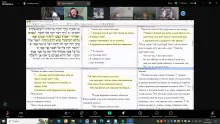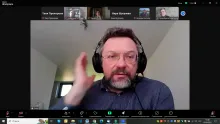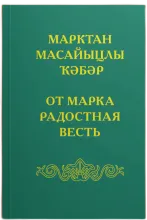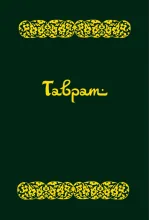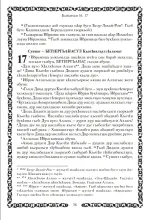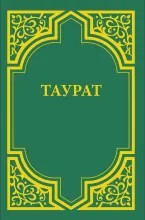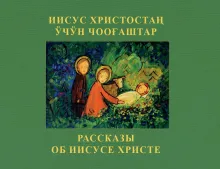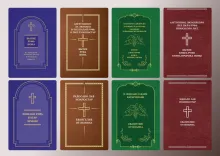webinar-on-the-book-of-jeremiah
reprint-of-six-psalms-in-yakut
nenets-scripture-distribution-on-reindeer-herders-day
IBT actively promoted our Nenets Scripture translations during Reindeer Herders’ Day, one of the most vibrant cultural celebrations of the Northern indigenous peoples of Russia. Held annually on March 22–23 in Salekhard, the event unfolded along the scenic banks of the Polyabta River, offering a dynamic platform to engage the Nenets community with the Bible.
training-seminar-for-new-translation-project-participants
On March 11-14, 2025, the Institute for Bible Translation held a training seminar for new participants from 19 translation projects: Aghul, Akhvakh, Andi, Chamalal, Chuvash, Even, Evenki, Ghogoberi, Hinukh, Hunzib, Kaitag, Kalmyk, Karachay, Karata, Khorazm, Kubachi, Nenets, Tsudakhar and Yakut. The purpose of the seminar was to train translators, exegetical advisors, and philological editors...

